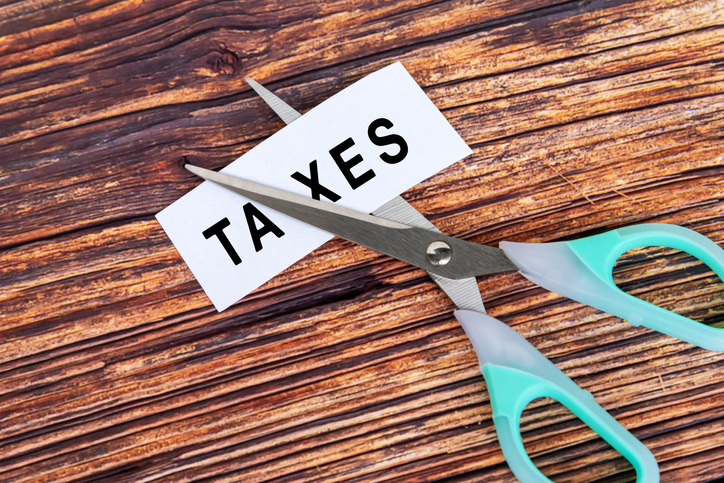
If you’re a first-time homebuyer in the market for your very first home, you might have heard about the $15,000 tax credit introduced in the First-Time Homebuyer Act of 2021. In this post, we’ll talk about how the credit will work if the bill gets through Congress.
At the time of writing, the First-Time Homebuyer Act of 2021 is still a bill and has not been passed into law. Terms of the bill could change or it might not pass.
Who qualifies for the tax credit?
According to the bill in its current form, home buyers must meet the following requirements in order to qualify for the tax credit:
- Must be a first-time home buyer and not have owned a home within the last three years
- Must be 18 or older, or married to someone 18 or older
- Annual income must be below the threshold set for the resident’s area
- Property being purchased can only be used as a primary residence and cannot be purchased from a relative
Is the tax credit always $15,000?
The amount of the tax credit is 10% of the purchase price up to a maximum of $15,000, so if the sale price is less than $150,000, the tax credit is the sale price multiplied by 0.10.
How do I receive the tax credit?
If the bill becomes law, the credit will be applied when you file your taxes. No action would be required outside of filing your tax forms. While the details are not yet written, most likely there will be a separate form to fill out and include with your taxes, which is how similar programs have worked in the past.
Are there limits on income?
The bill is designed to help low and middle-income households get into homeownership. Only those who earn less than 60% above the median income for their area are eligible, with some exceptions, including households with multiple income earners.
When will the credit expire?
The way the bill is currently written, the first-time homebuyer tax credit does not have an expiry date and may become permanent. In fact, an inflation-adjusted schedule raises the credit amount for future years by 2% each year. For example, in 2022 the credit will rise to a maximum of $15,300, reaching a maximum $16,236 by 2025.
If you move in less than four years
The First-Time Homebuyer Act of 2021 is designed to help low and middle-income households build wealth through real estate ownership and not just a short-term tax break. If you sell the home or move out of the home in less than four years, you will need to pay back part or all of your tax credit, with some exceptions.
When will the bill become a law?
There is no guarantee that the First-Time Homebuyer Act of 2021 will pass and become law. If you are interested in taking advantage of the tax credit, you will need to continue to monitor the progress of the bill.
Want to see if you qualify for a lower rate? Take our FREE online pre-approval, and find out in just 60 seconds how much you could be saving!
- Secure, Fast, and Easy
- Does Not Affect Your Credit
- No Obligation


 Lenderment NMLS# 1878504. An Illinois Residential Licensee. All loans are subject to Underwriting approval. *Certain restrictions apply. *Call for details. For licensing verification please visit nmlsconsumeraccess.org
Lenderment NMLS# 1878504. An Illinois Residential Licensee. All loans are subject to Underwriting approval. *Certain restrictions apply. *Call for details. For licensing verification please visit nmlsconsumeraccess.org